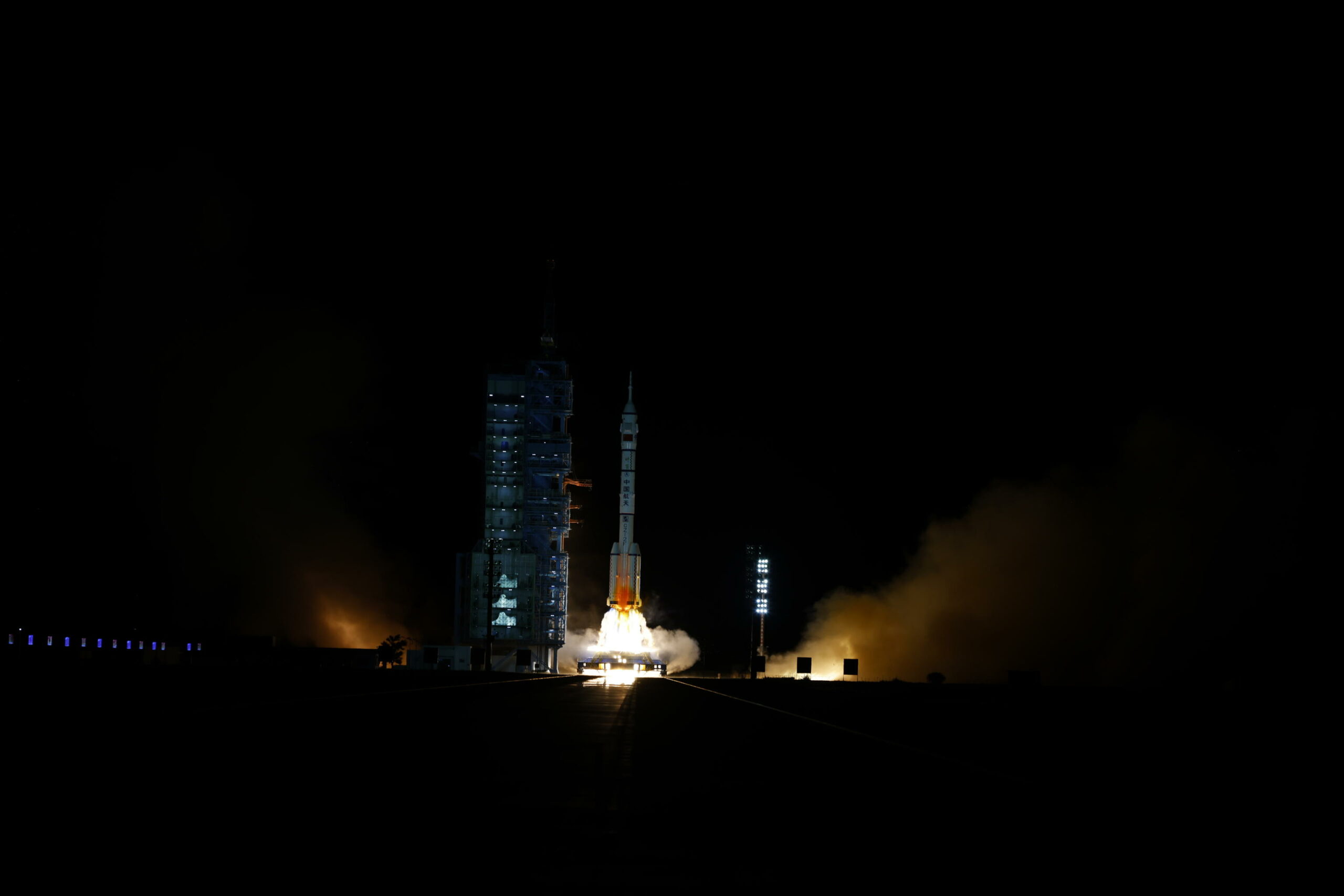
The company which was once touted as China’s own “SpaceX” is repeatedly failing to deliver on over-ambitious Chinese commercial space launch plans. Beijing Interstellar Glory Space Technology Ltd also known as iSpace was portrayed by China as the future of commercial space technology.
Established in 2018, the company is reportedly backed by China’s tech giant Baidu along with Beijing-based venture capital firms. The company tried to live up to the huge Chinese expectations through a successful launch (July 2019) using Hyperbola-1 (Y1) rocket from Jiuquan Satellite Launch Center in the Gangsu Province; putting four payloads into Low Earth Orbit. The feat made iSpace the first privately-managed firm in China to deliver a satellite into orbit.
A press statement released by the company after the flight shed some light on implicit state patronage provided to it by Chinese state institutions. Through the statement, iSpace thanked China’s State Administration of Science, Technology, and Industry for National Defence (SASTIND) and China’s Central Military Commission apart from state-owned defence contractors, China Aerospace Science and Technology Corporation & China Aerospace Science and Industry Corporation for their support.
However, nobody anticipated the early success to fizzle out so fast. It was a nightmare for its state patrons when the company had to face back-to back-failures in its high profile launch attempts in 2021. Its second launch attempt made on February 1, 2021, using Hyperbola-1 to carry the cubesat-sized Fangzhou-2 (Ark-2) satellite into space was shockingly off the mark.
Xinhua then quoted a Chinese state media source to explain that the rocket flew abnormally and the specific reasons for the failed launch were being analysed and investigated. Pointing towards some pictures in social media, the nasaspaceflight.com reported about problems with the rocket itself.
Some observers attributed the unsuccessful operation to a piece of foam insulation designed to be ejected from the rocket’s exterior during ascent. The foam however flew into one of vehicle’s grid fins resulting into a change in its trajectory. This eventually led to vehicle breakup.
Trying to move on from this setback, iSpace decided to attempt the next launch in 2021 itself. The company tried to execute the launch, through the Hyperbola 1 from the same Jiuquan base on August 3. The result was another spectacular failure, which was again attributed to some difficulty in the separation of the faring of the rocket.
Though the vehicle’s lift off and ascent appeared normal, the mission failed in the stage of flight. As per the results of a later investigation conducted by the company, the silicon rubber of the faring stuck with the windsheild which prevented the payload’s separation.
- Chamisa under fire over US$120K donation
- Mavhunga puts DeMbare into Chibuku quarterfinals
- Pension funds bet on Cabora Bassa oilfields
- Councils defy govt fire tender directive
Keep Reading
These unsuccessful endeavours and similar failures in other areas point towards half baked Chinese plans to enter sectors traditionally dominated by major western companies using cutting edge technologies.
Ironically, in its quest for easy breakthroughs, China fails to appreciate the long term emphasis these societies and companies have been putting on original research, innovation, intellectual property rights and above all individual freedom! -insideover.











